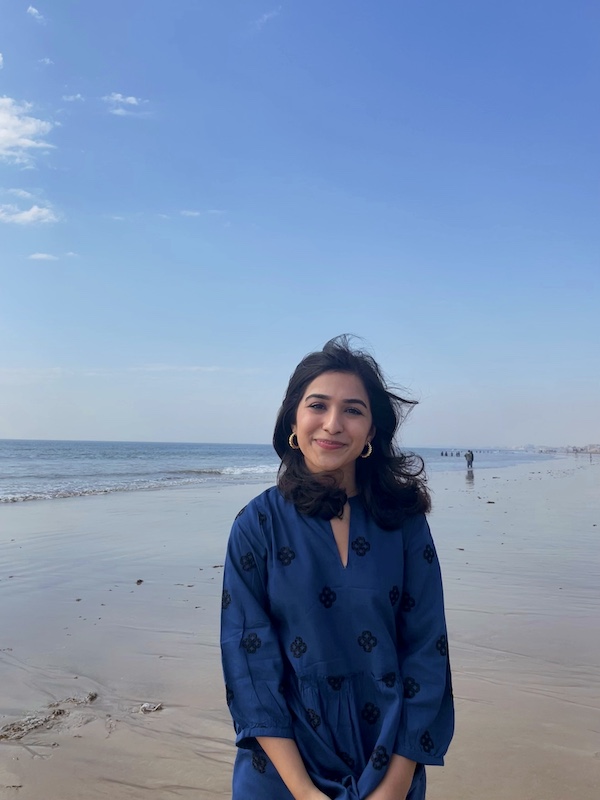This February 6th - International Day of Zero Tolerance for Female Genital Mutilation/Cutting, in recognition of this year’s theme - "Stepping Up the Pace. Strengthening Alliances and Building Movements to End FGM,” we are delighted to announce the formation of the Americas Alliance to End FGM/C.
The Americas Alliance will serve as a coalition of organizations, governments, researchers, activists, and survivor advocacy groups, dedicated to ending female genital mutilation/cutting (FGM/C) across the Americas. Recognizing FGM/C as a severe violation of human rights and a form of gender-based violence (GBV), the Alliance aims to unify efforts to support survivors, enhance prevention strategies, and promote gender equality throughout the region.
FGM/C impacts communities worldwide, including across North and South America, though misconceptions lead to falsely believing the Americas are immune from this form of gender-based violence. The latest data shows us that there may be over 700,000 women and girls across the United States and Canada affected by or at risk of FGM/C. FGM/C also continues to be reported in Colombia, where a bill has recently been introduced to combat the harmful practice. There is also historical evidence of FGM/C being practiced in Mexico, Brazil and Peru which requires further investigation to determine current practice. From survivors living with its physical and psychological consequences to girls at risk, FGM/C transcends borders and cultures, demanding a unified, coordinated, and survivor-centered response. 1
Recognizing this need, we are proud to support the creation of the Americas Alliance —a collaborative network dedicated to addressing FGM/C through cross-border cooperation, shared knowledge and resources, and survivor-informed approaches. By bringing diverse voices and expertise together, the Americas Alliance aims to build capacity, amplify advocacy, and create lasting change.
Participants:
The founding organizations of the Americas Alliance include The U.S. End FGM/C Network, the End FGM Canada Network, George Washington University, Equality Now, and Sahiyo U.S. The Americas Alliance will also involve additional diverse groups of stakeholders dedicated to ending FGM/C and supporting survivors across the Americas. The partners whom the Alliance will collaborate and engage with will include:
- Service-providing organizations
Examples: Grassroots NGOs, community health organizations, and social service providers working directly with FGM/C survivors. - Government representatives
Examples: Government and intergovernmental development agencies and departments. - Researchers
Examples: Academic institutions, public health researchers, gender studies scholars, and independent experts focused on FGM/C. - Activists
Examples: Survivor-led advocacy groups, grassroots organizers, human rights defenders, and gender justice advocates. - And more
Examples: International organizations, private sector partners, legal advocates, faith-based organizations.
Our Shared Commitment
As participants of the Americas Alliance, we are dedicated to:
- Enhance data collection and knowledge sharing by establishing a robust framework for collecting and sharing data across countries, improving the accuracy of FGM/C prevalence estimates, and understanding its impact throughout the Americas.
- Develop trauma-informed, culturally sensitive support systems by facilitating the creation of transnational support networks that are responsive to the cultural and holistic health needs of survivors.
- Strengthen prevention strategies and policy frameworks by promoting the exchange of best practices and successful prevention models from diverse contexts within the Americas.
- Coordinate consistent, survivor-centered communications by ensuring that messaging and communications around FGM/C align across the region, maintaining accuracy, and respect for the lived experiences of survivors.
If you wish to learn more about the Americas Alliance to End FGM/C, please contact us at This email address is being protected from spambots. You need JavaScript enabled to view it..
1 Efforts are aligned with key Sustainable Development Goals (SDGs), including SDG 3 (Good Health and Well-being), SDG 5 (Gender Equality), and SDG 17 (Global Partnerships).


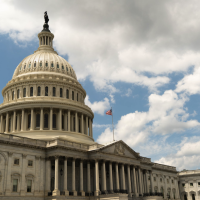
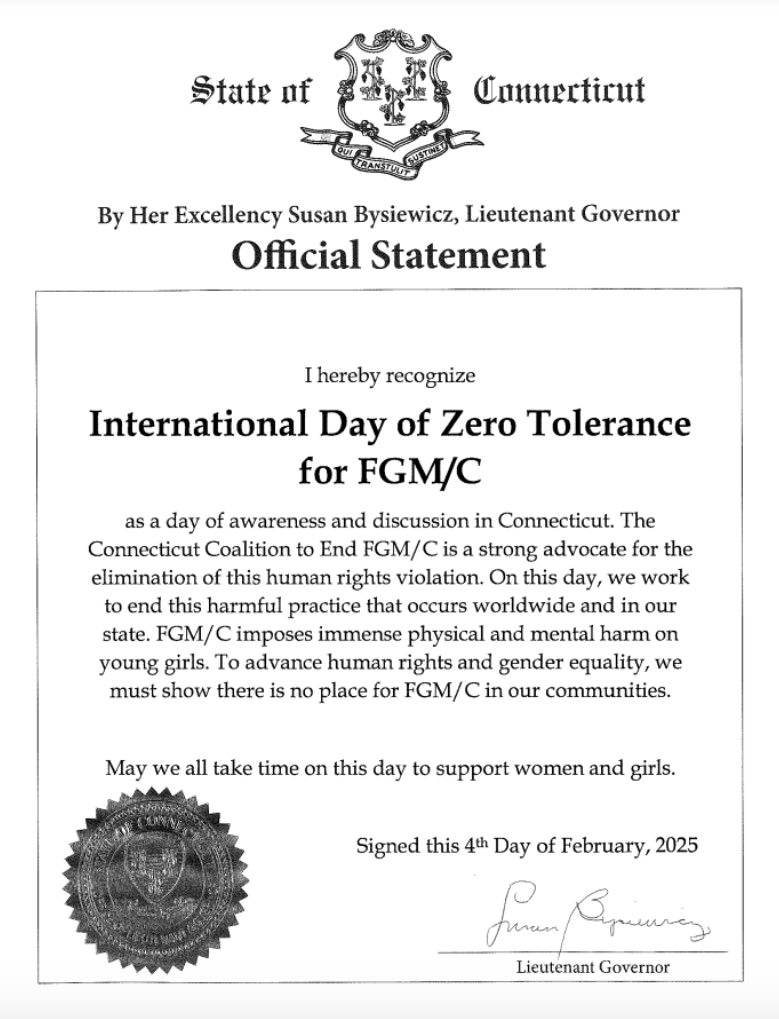
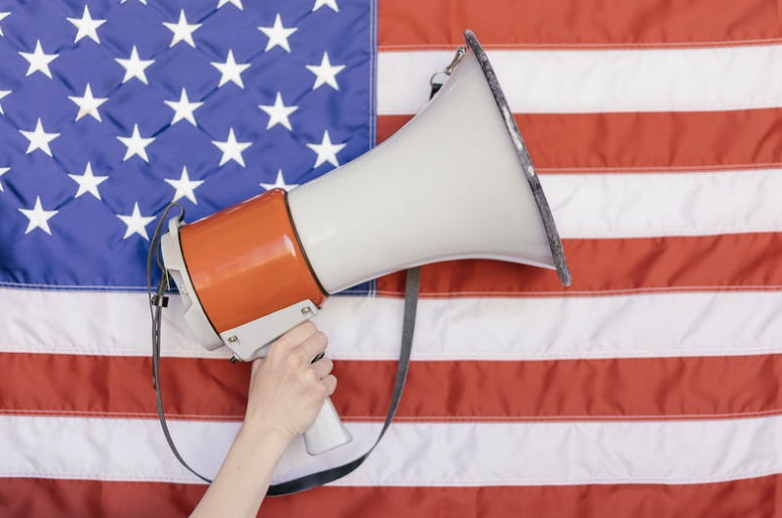
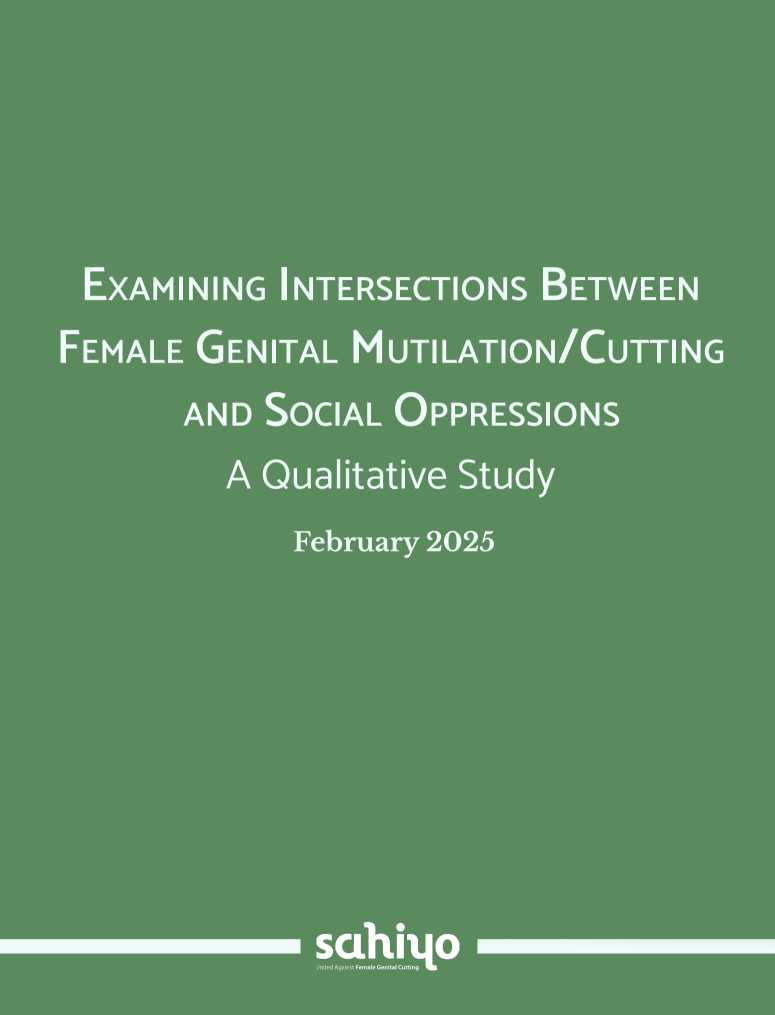
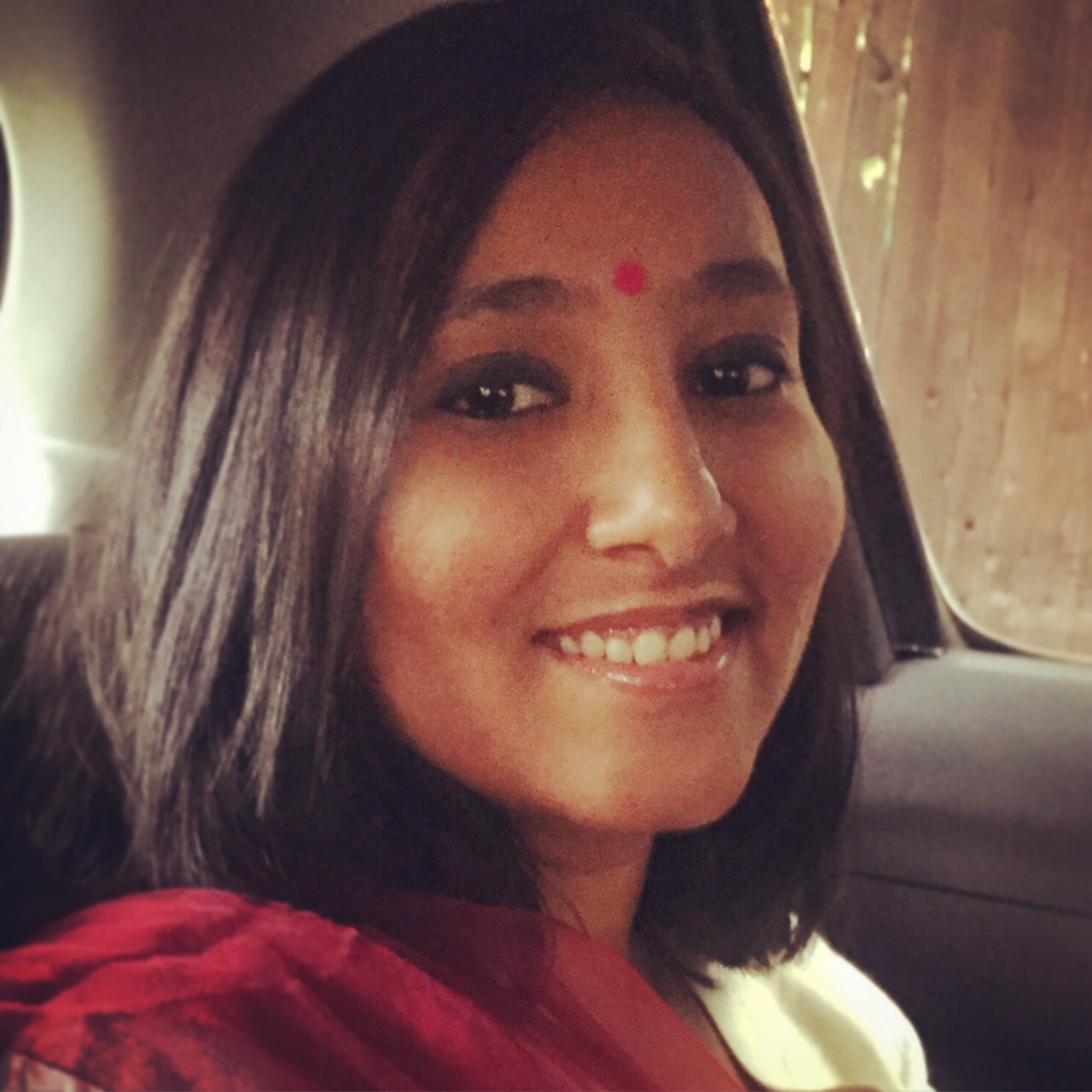 Aarefa Johari is a journalist and feminist activist based in Mumbai, India. She has been advocating for an end to Female Genital Cutting since 2012 and is a
Aarefa Johari is a journalist and feminist activist based in Mumbai, India. She has been advocating for an end to Female Genital Cutting since 2012 and is a 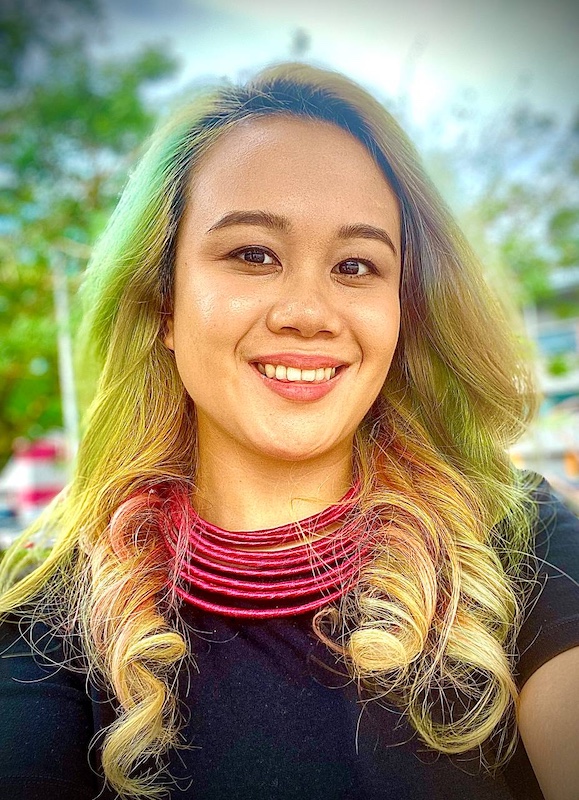 Saza Faradilla (she/they) is a co-founder of
Saza Faradilla (she/they) is a co-founder of 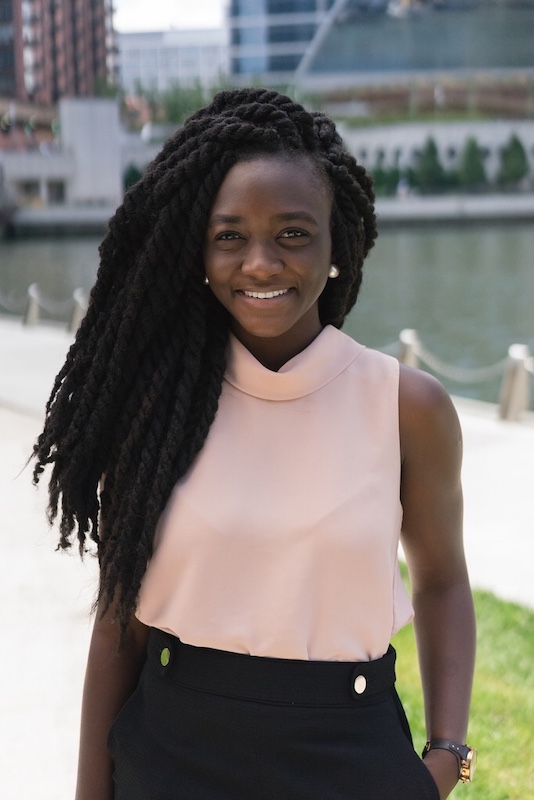 Jessica Puri is an Adjunct Professor of Public Health and founder of The Parable Lab. Nicknamed a Creative Academic, she enjoys the pursuit of knowledge and rest through creative expression and storytelling.
Jessica Puri is an Adjunct Professor of Public Health and founder of The Parable Lab. Nicknamed a Creative Academic, she enjoys the pursuit of knowledge and rest through creative expression and storytelling.